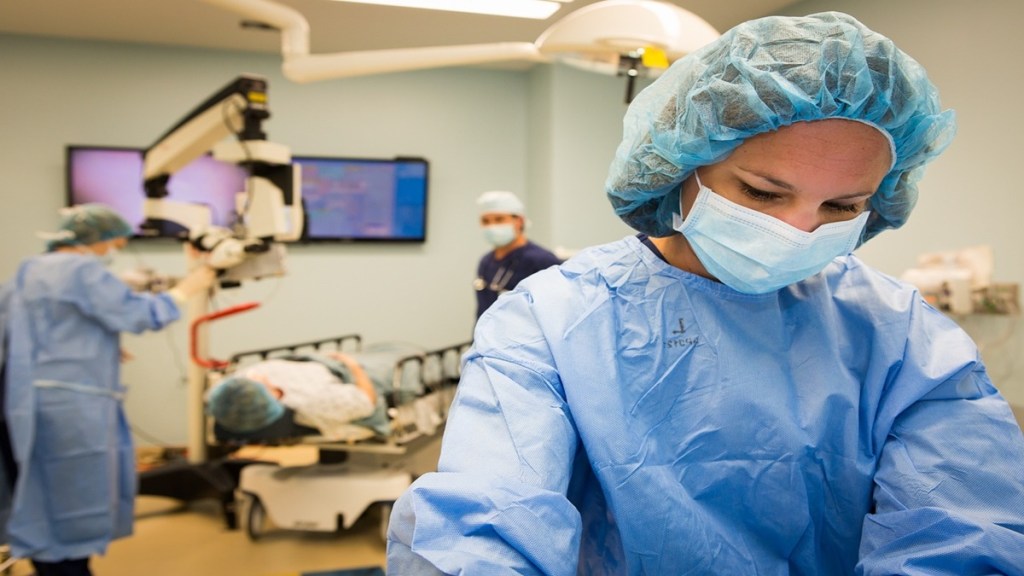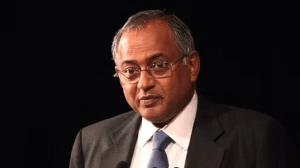Budget 2025: Finance Minister Nirmala Sitharaman is all set to table Budget 2025 on 1 February 2025. Ahead of Budget 2025, industry leaders from the healthcare sector are optimistic about initiatives that could further strengthen the healthcare ecosystem.
Vikrant Agrawal, Co-Founder, Care.fi said that focused allocation towards improving healthcare infrastructure, particularly in underserved areas, and fostering private-public partnerships will be pivotal in enhancing accessibility and efficiency.
“Schemes like Mission Indradhanush, aimed at expanding immunization coverage, and Ayushman Bharat. As of 2024, approx. 36 crore beneficiaries have been verified, and 8.39 crore hospital admissions worth over Rs. 1.16 lakh crore have been authorized under AB PM-JAY. We expect further investment in these programs, with a special focus on expanding the reach of Ayushman Bharat to ensure universal health coverage for every Indian,” Agrawal said.
India’s public expenditure on healthcare touched 1.9 % of GDP in FY24, against 1.6% in FY23, as per the Economic Survey 2023-24. The Health Ministry aims to reach 2.5% by FY25. India’s overall health spending (public and private) is currently estimated to be 3.8 per cent of its GDP.
“We hope that with the growth that this sector is witnessing and how it is contributing to the economic growth of the country, there will be an increased budget allocation for healthcare, aimed at accelerating innovation and improving delivery mechanisms,” he emphasised.
In 2021 alone, there were two thousand health-tech startups in India and this number will grow steadily. “We also look forward to reforms that simplify financial processes for healthcare providers, enabling them to focus on patient care. The emphasis on digitisation and data-driven solutions in previous budgets has been transformative, and we hope to see continued support for innovative technologies that improve operational transparency and patient outcomes,” he said.
Meanwhile, Dr Sabine Kapasi, Co-Founder and MD at Enira Consulting Pvt Ltd, said that the 2025 Budget presents a pivotal opportunity to elevate healthcare advancements, building upon the progress made in 2024.
“A key area of focus should be the enhancement of digital health infrastructure, especially in underserved regions. Investments in telemedicine hubs and improved internet connectivity can make medical expertise more accessible to remote communities. Supporting digital platforms and applications will further bridge gaps between patients and healthcare providers, ensuring timely and efficient care delivery,” Kapasi said.
Artificial intelligence (AI) has demonstrated significant potential in healthcare, particularly in diagnostics and treatment planning. In 2025, the emphasis should be on scaling these AI-driven solutions, he added.
“Government funding for AI research and support for startups developing healthcare technologies can accelerate innovation. Encouraging hospitals to integrate AI tools will optimize resources and enhance care quality, which is crucial in settings where resources are limited. Preventive care and value-based healthcare models must remain priorities. Shifting the focus from procedures to outcomes can promote better healthcare practices, reduce unnecessary treatments, and help families manage medical expenses more effectively. Policy incentives supporting these models could lead to significant improvements in public health outcomes,” Kapasi informed.
He also maintained that inclusivity is essential to ensure that healthcare advancements benefit all segments of the population. “Public-private partnerships can play a crucial role in scaling healthcare solutions while maintaining affordability. Additionally, embedding sustainable practices in healthcare systems—through green technologies or energy-efficient infrastructure—will ensure that innovation aligns with environmental responsibility. The 2025 Budget has the potential to lay the groundwork for a healthcare system that is equitable, innovative, and aligned with global sustainability goals. By focusing on digital health infrastructure, AI integration, preventive care, inclusivity, sustainability, and emergency preparedness, we can build a resilient healthcare system capable of meeting current and future challenges,” he said.
VS Sudheer, Group CEO, Maxivision Super Specialty Eye Hospital said that with nearly 40 percent of India’s population requiring primary eye care services annually—ranging from optical corrections to advanced surgeries—it is imperative to address the gaps in access and affordability.
“Advanced eye care services are still concentrated in Tier 1 cities, forcing Tier 2 and Tier 3 populations to travel long distances for specialty care. This disparity is particularly concerning as the 50+ age group, which will soon make up 50% of India’s population, drives a surge in demand for cataract and diabetic eye care services. Private players dominate advanced eye care due to quick ROI in metro regions. To expand into underserved areas, the government must incentivize investments in Tier 2 and Tier 3 towns through subsidies for equipment, real estate, and streamlined approval processes under government schemes. Simplifying compliance and ensuring timely reimbursements under programs like PMJAY will encourage greater participation from private providers,” Sudheer said.
He also said that high import duties on advanced technology and equipment make treatments costly. Lowering these duties or promoting domestic manufacturing through Make in India can significantly reduce costs. Supporting R&D, cross-border alliances, and skill development programs will help Indian manufacturers meet international standards and foster innovation.
India faces a critical shortage of trained ophthalmologists, with only 20,000 practitioners serving a vast population. Of these, only a fraction is equipped to perform advanced surgeries. Subsidized training programs and mandatory skill-building initiatives for private institutions can help bridge this gap.
“AI-driven solutions hold immense potential for preventive eye care. India, with its vast data pool, can lead the way in predictive analytics if domestic companies receive support for innovation. Finally, broader insurance coverage, subsidies on essential imports, and environmental initiatives like afforestation will ensure affordable, sustainable, and equitable eye care for all,” he added.









